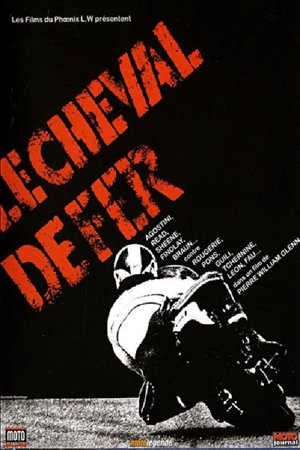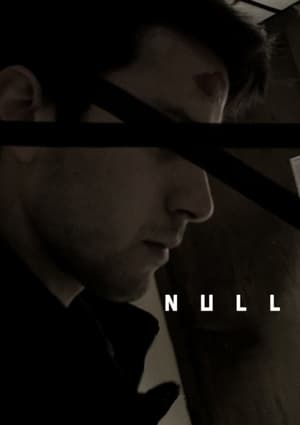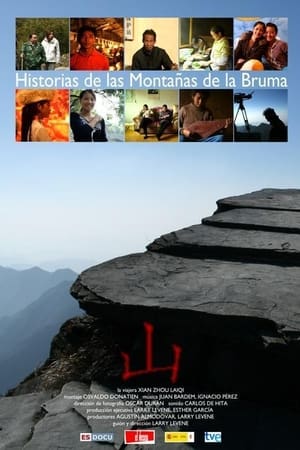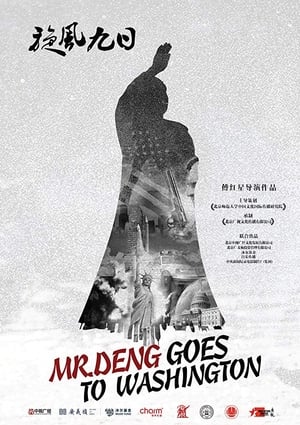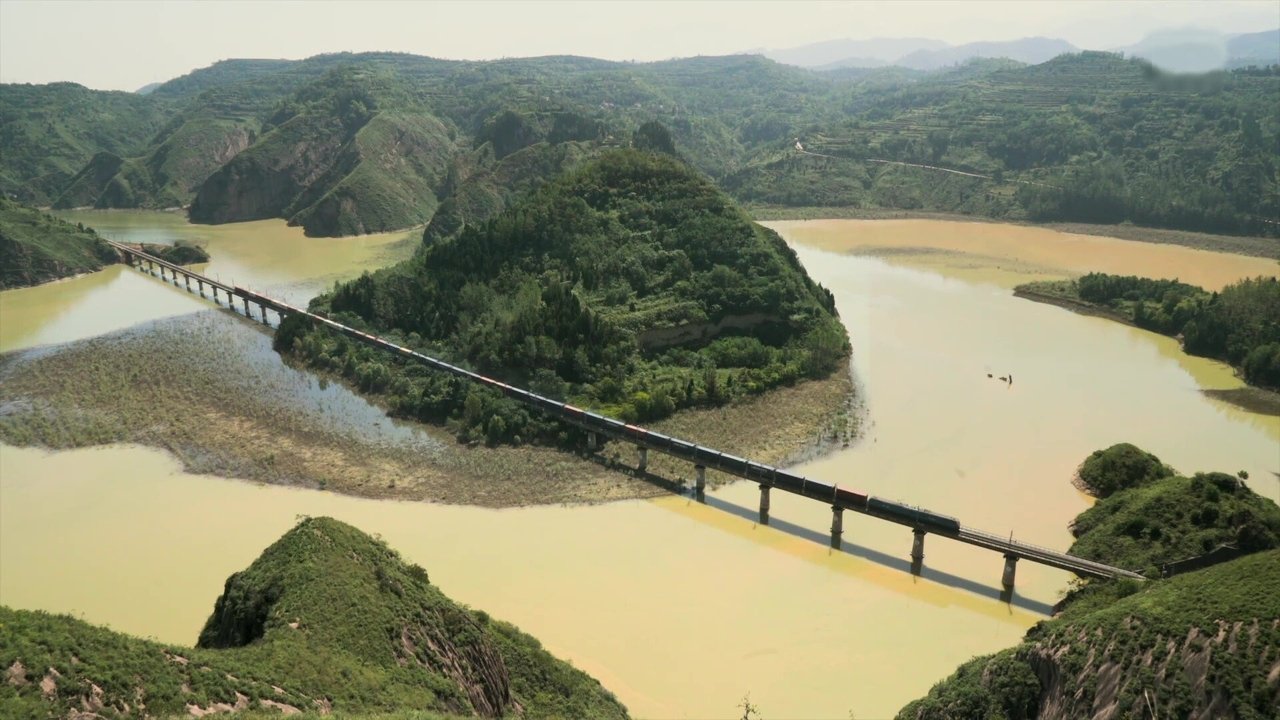
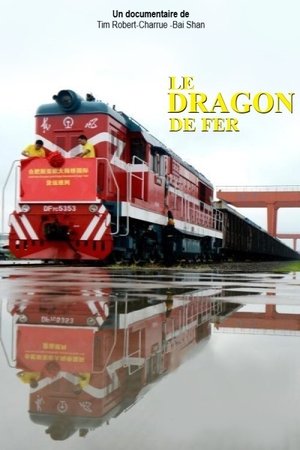
Le Dragon de Fer(2018)


Movie: Le Dragon de Fer

Le Dragon de Fer
HomePage
Overview
Release Date
2018-10-15
Average
8.3
Rating:
4.2 startsTagline
Genres
Languages:
FrançaisKeywords
Recommendations Movies
 7.9
7.9Simon & Garfunkel: The Concert in Central Park(en)
The Concert in Central Park is a live album by Simon & Garfunkel. On September 19, 1981 the folk-rock duo reunited for a free concert on the Great Lawn of New York's Central Park attended by more than 500,000 people. They released a live album from the concert the following March (Warner Brothers LP 2BSK 3654; CD 3654). It was arranged by Paul Simon and Dave Grusin, and produced by Paul Simon, Art Garfunkel, Phil Ramone and Roy Halee. The concert was also shot on videotape, televised by HBO in 1982, and subsequently released on various home video formats. The VHS and DVD contain two songs that were omitted from the live album: "The Late Great Johnny Ace" and "Late in the Evening (Reprise)". "Johnny Ace" was disrupted by a fan rushing the stage who came very close to attacking Paul. This incident was both frightening and coincidental, as the song is an elegy upon the murder of John Lennon just one year earlier.
 9.9
9.9The Way to the Heart(en)
Ava, an award-winning chef at a big-city restaurant, has lost her spark. Her boss sends her out to find herself to save her menu and her job. She returns home and finds little to inspire her, but when she reunites with her childhood friend Logan, Ava has to get her head out of the clouds and her foot out of her mouth to rediscover her passion for food.
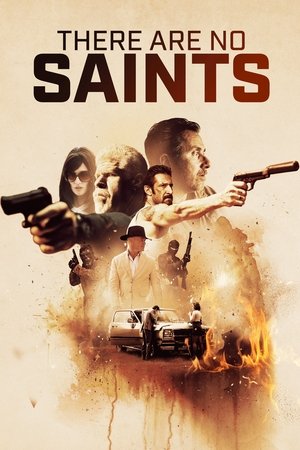 5.2
5.2There Are No Saints(en)
A man is imprisoned for a crime he didn't commit. When his wife is murdered and his son kidnapped and taken to Mexico, he devises an elaborate and dangerous plan to rescue his son and avenge the murder.
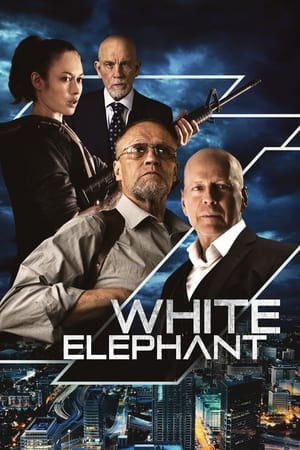 5.9
5.9White Elephant(en)
An ex-marine enforcer must battle his conscience and code of honor when he is forced to do things for the mob.
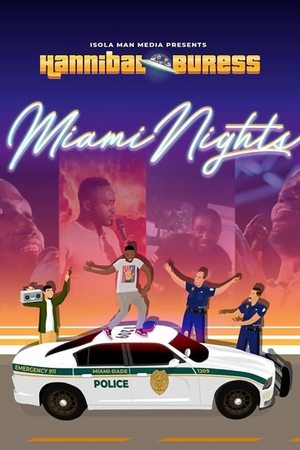 6.0
6.0Hannibal Buress: Miami Nights(en)
Mildly successful comedian, Hannibal Buress, performs his second stand-up special in Chicago based on his wild night with the police.
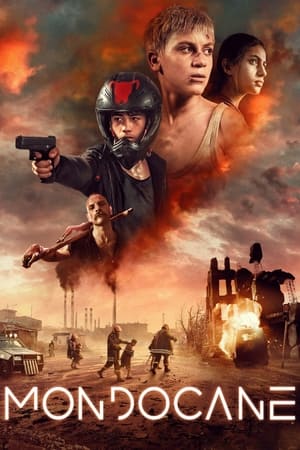 6.3
6.3Mondocane(it)
In the near future, the southern Italian city of Taranto is surrounded by barbed wire that no one, not even the police, dares to cross. The poorest are left fighting for survival, while gangs compete for the territory. Two thirteen-year-old orphans who grew up together, dream of joining one of the gangs.
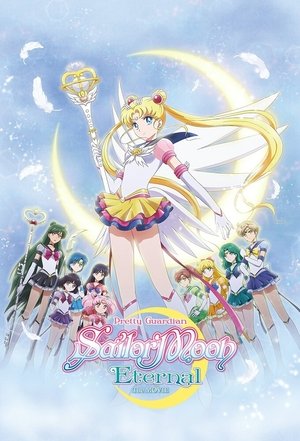 8.2
8.2Pretty Guardian Sailor Moon Eternal the Movie Part 2(ja)
While under the care of the Outer Sailor Guardians, Hotaru begins to age rapidly. Then, the time comes for all the Sailor Guardians to reunite!
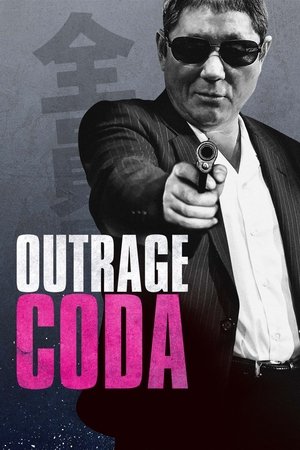 6.8
6.8Outrage Coda(ja)
Five years after the all-out war between the Sanno and Hanabishi crime families, former yakuza boss Otomo works in South Korea for Mr. Chang, a noted fixer. When tensions rise between Chang and the Hanabishi, and Chang's life is endangered, Otomo returns to Japan to settle things once and for all.
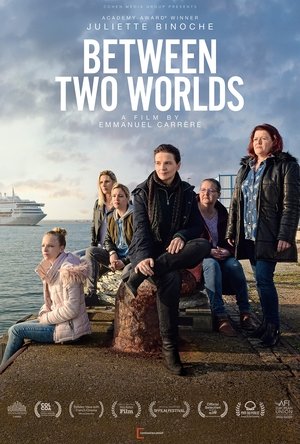 6.9
6.9Between Two Worlds(fr)
Marianne Winckler relocates to the port city of Caen in order to pass herself off as a member of a large community of itinerant workers desperate to make ends meet. She gains employment as a cleaner on a ferry travelling between Ouistreham and Portsmouth, recording the drudgery of the work she and her colleagues are required to do.
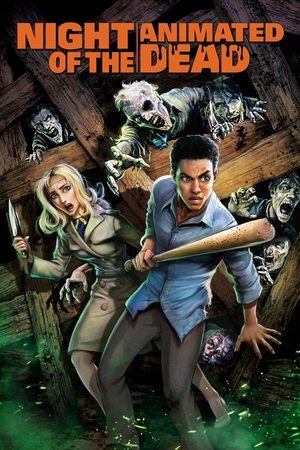 6.1
6.1Night of the Animated Dead(en)
An animated retelling of ‘Night of the Living Dead’, in which a group of people in a rural farmhouse struggle to survive the threat of bloodthirsty zombies.
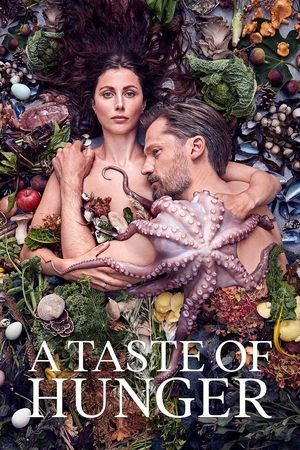 6.1
6.1A Taste of Hunger(da)
Maggie and Carsten love each other, they have two wonderful children and run their own gourmet restaurant; Malus. They want it all. And they have it all. Almost. They are missing the coveted Michelin Star. It has been their dream, on which they gambled everything to win. One day Carsten receives a letter saying that his wife loves somebody else. But who sent the letter and why? In their continuous passion and pursuit for the ultimate recognition, they forget that the meals of life are best enjoyed together.
 5.8
5.8Mobile Suit SD Gundam Mk I(ja)
A collection of short parodies of the Mobile Suit Gundam saga. Episode 1 pokes fun at key events that occurred during the One Year War. In episode 2, Amuro, Kamille and Judau fight over who runs the better pension when Char comes in to crash their party. Episode 3 is the SD Olympics, an array of athletic events pitting man with mobile suit.
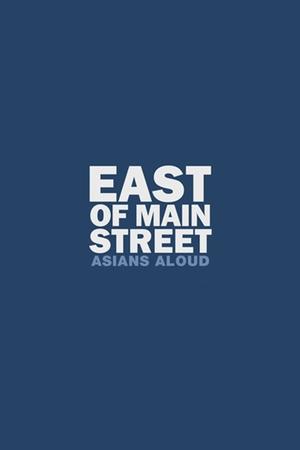 6.0
6.0East of Main Street: Asians Aloud(en)
In celebration of Asian Heritage Month, HBO presents a collection of perspectives from a diverse group of Asian Americans.
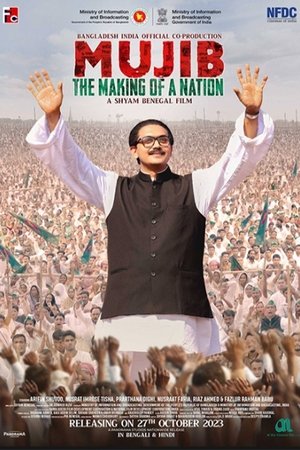 6.5
6.5Mujib: The Making of a Nation(bn)
Biopic on the father of the nation of Bangladesh, Sheikh Mujibur Rahman. The film will showcase his growing up as a child to his standing up against all injustice in his youth to fighting for the independence of his country. How he led a country to it's independence with his inspirational presence and fight for the justice.
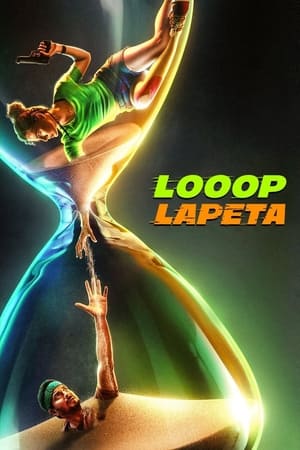 6.1
6.1Looop Lapeta(hi)
When her boyfriend loses a mobster's cash, Savi races against the clock to save the day — if only she can break out of a curious cycle of dead ends.
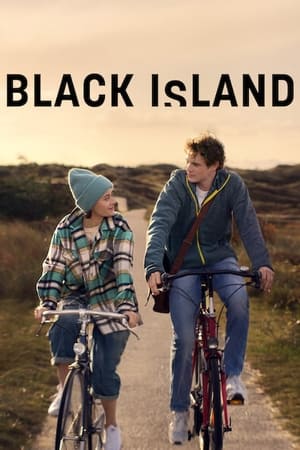 6.0
6.0Black Island(de)
The dark secrets of a seemingly peaceful island threaten to swallow up an orphaned student when he grows close to a mysterious new teacher.
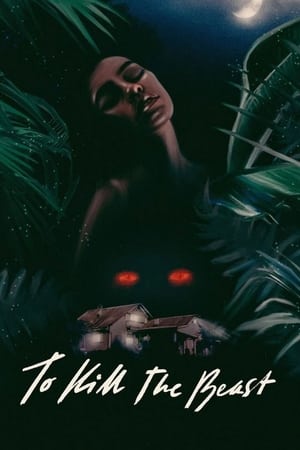 6.1
6.1To Kill the Beast(es)
Emilia arrives at her Aunt Inés' hostel located on the Argentina-Brazil border, looking for her missing brother. In this lush jungle a dangerous beast which takes the form of different animals seems to be roaming around.
Captain Nulle(lv)
Valdis Nulle is a young and ambitious captain of fishing ship 'Dzintars'. He has his views on fishing methods but the sea makes its own rules. Kolkhoz authorities are forced to include dubious characters in his crew, for example, former captain Bauze and silent alcoholic Juhans. The young captain lacks experience in working with so many fishermen on board. Unexpectedly, pretty engineer Sabīne is ordered to test a new construction fishing net on Nulle's ship and 'production conflict' between her and the captain arises...
Similar Movies
 0.0
0.0Redefining China's Family: Women(en)
10 May 2007 - China's staggering economic growth has overshadowed a more subtle shift in Chinese society. In domestic life, many women are now ignore the advice of their mothers and grandmothers, turning instead to counselling hotlines and, increasingly, divorce.
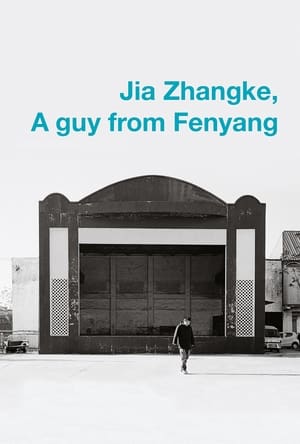 6.9
6.9Jia Zhangke, A Guy from Fenyang(pt)
Chinese filmmaker Jia Zhangke returns to the shooting locations of his films, along with his actors, friends and close collaborators. Jia recalls the inspiration sources for his movies, such as Platform, Still Life and A Touch of Sin. The film is the memory of a filmmaker and of a country in convulsion, China, which reveals itself little by little.
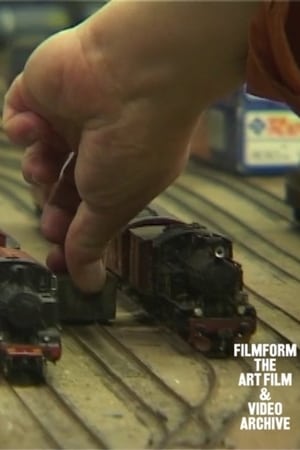 7.0
7.0Vi som planerar tågtrafiken(sv)
First Thursday of each month, the members of Stockholm's model railroad club meet and run their beloved trains on a schedule. The trains pass towns such as Bångfors and Farsarvet. Sometimes, a delay occurs, which then spreads throughout the network.
i.Mirror by China Tracy(en)
Cao Fei recorded her experiences within the online social platform Second Life. The result is a wistful, surreal vision of an alternative reality sprung from the pop culture fantasies and hyper-consumerism of contemporary urban China, while also trying to transcend its real-life limitations. It can be seen as an answer to the challenge posed by River Elegy: how to envision a new Chinese destiny founded on principles of individuality, creativity, discovery, and freedom. The film also reflects the contemporary condition of the virtual supplanting our experience of the real.
 0.0
0.0Tea War: The Adventures of Robert Fortune(fr)
In the 19th century, China held the monopoly on tea, which was dear and fashionable in the West, and the British Empire exchanged poppies, produced in its Indian colonies and transformed into opium, for Chinese tea. Inundated by the drugs, China was forced to open up its market, and the British consolidated their commercial dominance. In 1839, the Middle Empire introduced prohibition. The Opium War was declared… Great Britain emerged as the winner, but the warning was heeded: it could no longer depend on Chinese tea. The only alternative possible was to produce its own tea. The East India Company therefore entrusted one man with finding the secrets of the precious beverage. His mission was to develop the first plantations in Britain’s Indian colonies. This latter-day James Bond was called Robert Fortune – a botanist. After overcoming innumerable ordeals in the heart of imperial China, he brought back the plants and techniques that gave rise to Darjeeling tea.
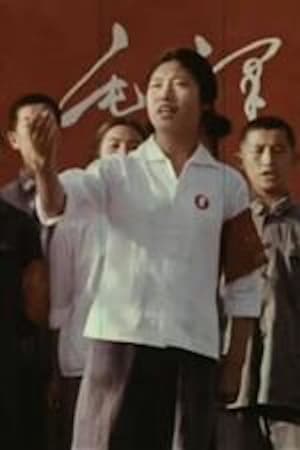 0.0
0.0Mao: Seize the Day, Seize the Hour(en)
Mao Zedong was not only a revolutionary leader and thinker, he was also a poet. In poems written in the classic calligraphic tradition he expresses his experiences and visions. In this film, 8 of Mao's poems are sung, recited and interpreted: 'Changsha' (1925), 'Jinggang Mountains' (1928), 'The Long March' (1935), 'Snow' (1936), 'The People's Liberation Army Captures Nanjing' (1949), 'Swimming' (1956), 'Reply to Comrade Guo Moruo' (1961) and 'Reascending Jinggang Mountains' (1965). Through these poems we get a picture of the Chinese revolution from its first beginning in 1921 until the Cultural Revolution. The poems of Mao Zedong have been published in more than 57 million copies
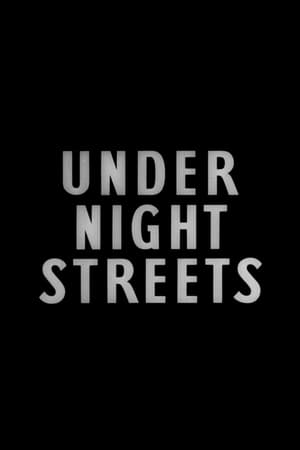 0.0
0.0Under Night Streets(en)
After the last train at night and before the first in the morning, 800 people are hard at work behind the scenes making London's Underground fit to travel on. Including brushing dust from ventilation ducts, ‘fluffers’ cleaning up rubbish, routine rail replacement and fixing a broken rail discovered at 3.30am.
 0.0
0.0Visions Cinema: Film as a Way of Life: Hong Kong Cinema - A Report by Tony Rayns(en)
Examines the early 1980s Hong Kong filmmaking community. Tony Rayns interviews some of the new generation of filmmakers and figures from the wider film culture.
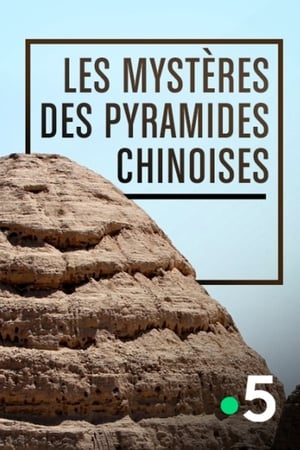 8.0
8.0China's Lost Pyramids(en)
In China, there exists an astonishing place. A burial ground to rival Egypt’s Valley of the Kings, where pyramid tombs of stupendous size are full of astonishing riches. In 221 BC, China's first Emperor united warring kingdoms into a nation that still exists today. To memorialise this achievement, he bankrupted the national treasury and oppressed thousands of workers to build one of the world’s biggest mortuary complexes. China's second dynasty, the Han, inherited the daunting challenge of building larger tombs to command respect and establish their right to rule without running the nation into the ground. Although no Han emperor's tomb has been opened, the tombs of lesser Han aristocrats have revealed astonishing things: complete underground palaces (including kitchens and toilets) and at least one corpse so amazingly well-preserved some believe Han tomb-builders knew how to "engineer immortality".
 7.0
7.0Rebellion(en)
As the 'one country two systems' policy in Hong Kong has slowly eroded, resentment among the territory's citizens has steadily grown. What began as a series of spontaneous protests against an extradition law in March 2019 has now escalated in to a full-blown popular uprising that shows no signs of abating. ABC Four Corners reports from the frontline of the action, capturing extraordinary footage of the growing tension and violence.
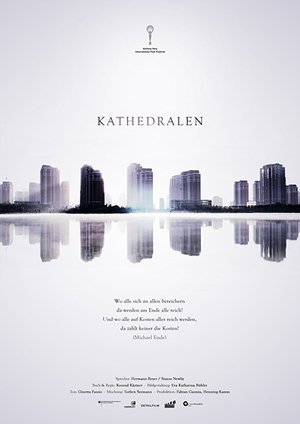 0.0
0.0Cathedrals(de)
The city of Ordos, in the middle of China, was build for a million people yet remains completely empty. Ordos is not so much a place but a symbol of babylonic hype. But nothing will change - as long as people believe.
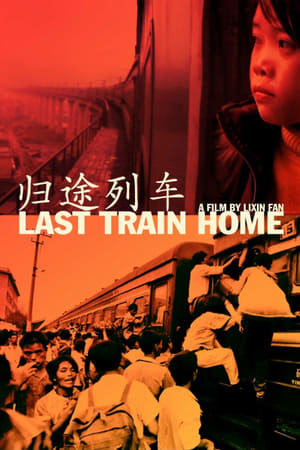 7.4
7.4Last Train Home(zh)
A family embarks on an annual tormenting journey along with 130 million other peasant workers to reunite with their distant family, and to revive their love and dignity as China soars as the world's next super power.
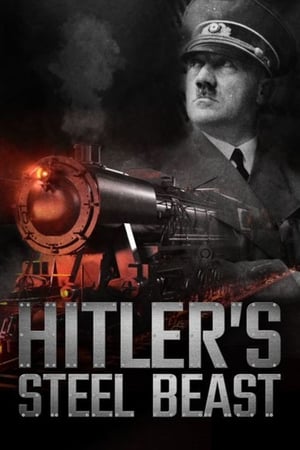 6.2
6.2Hitler's Steel Beast(fr)
Trace the history of Hitler's armored private train, a 15-car mobile headquarters boasting state-of-the-art communications and anti-aircraft cannons.
 0.0
0.021-22 China(en)
Signal Box Archive(en)
A unique look inside over 70 signal boxes taken from Video 125's archive filmed over a period of 30 years. Features 'boxes of all shapes and sizes, all kinds of operating methods from 19th century mechanical lever frames to 20th century panels to 21st century state-of-the-art Rail Operating Centres.
Schienen zum Nachbarn - Teil 1(de)
First part of a two-part documentary about the now largely defunct network of local railways in the areas around Erlangen and Forchheim, Germany.
 7.1
7.1Youth (Spring)(zh)
This film was shot between 2014 and 2019 in the town of Zhili, a district of Huzhou City in Zhejiang province, China. Zhili is home to over 18,000 privately-run workshops producing children's clothes, mostly for the domestic market, but some also for export. The workshops employ around 300,000 migrant workers, chiefly from the rural provinces of Yunnan, Guizhou, Anhui, Jiangxi, Henan and Jiangsu.
